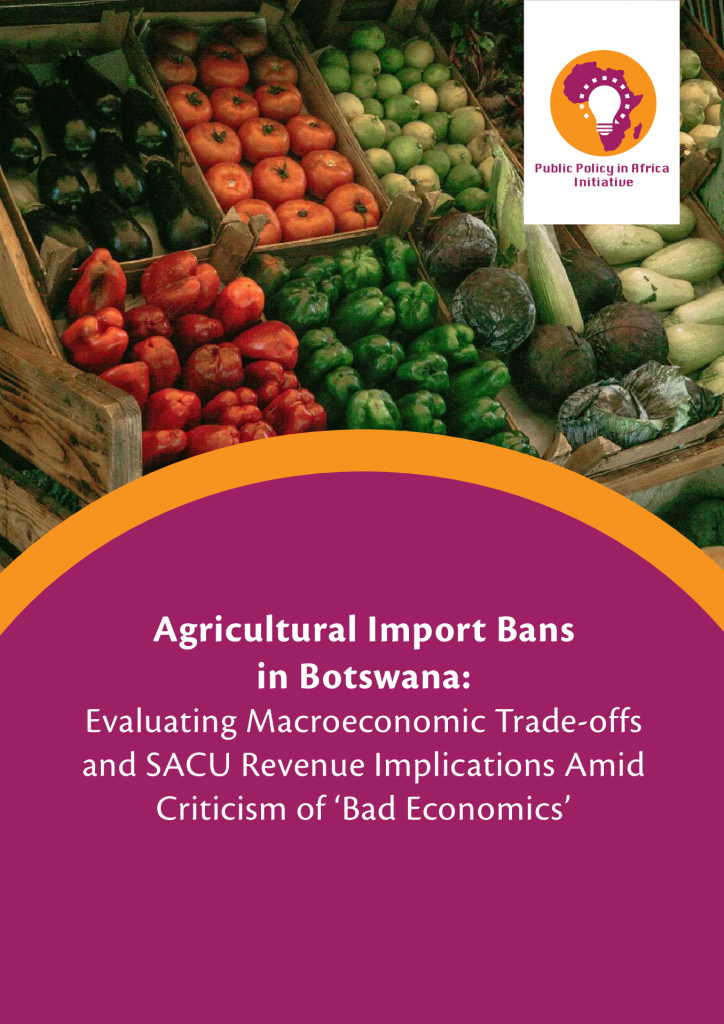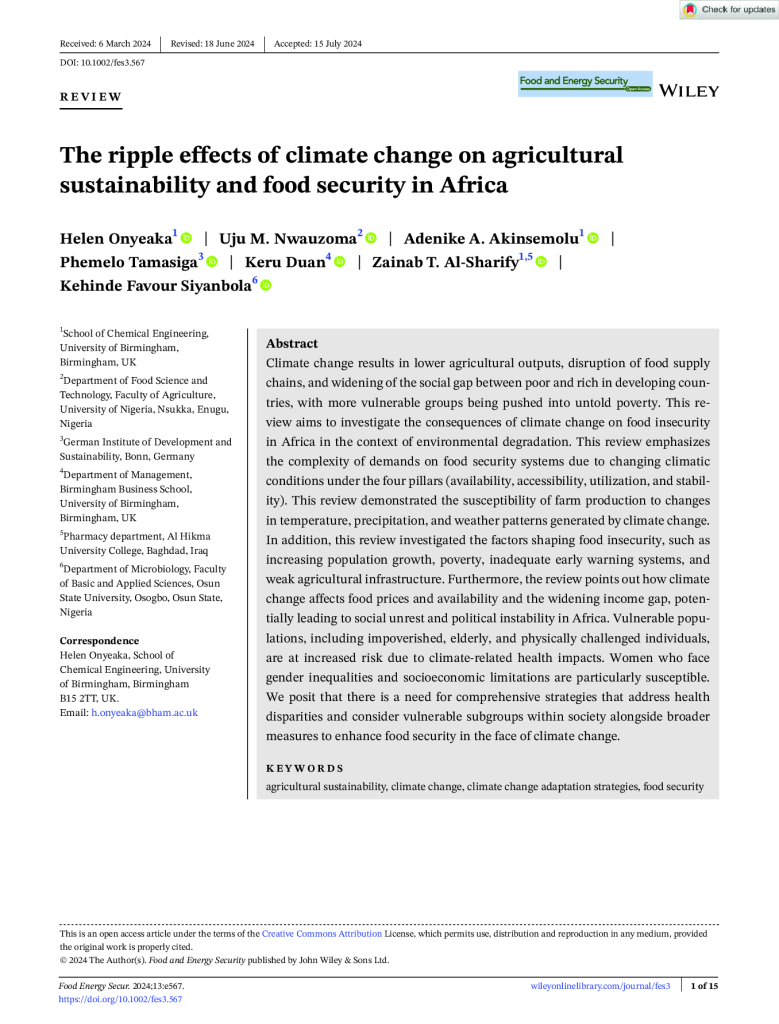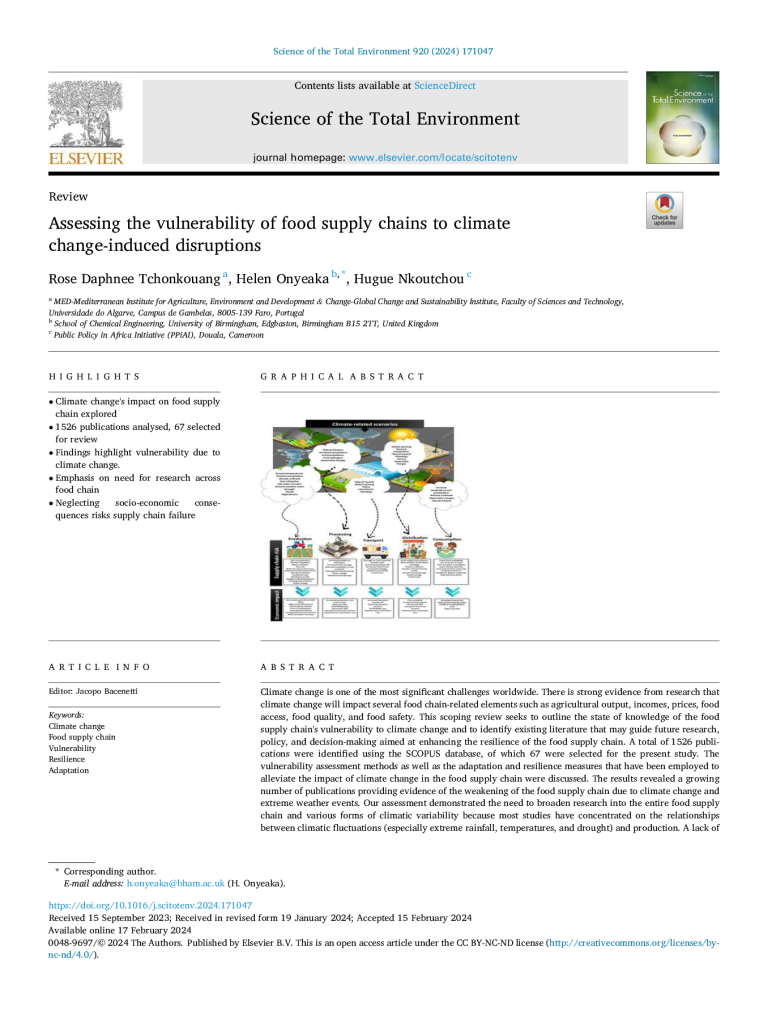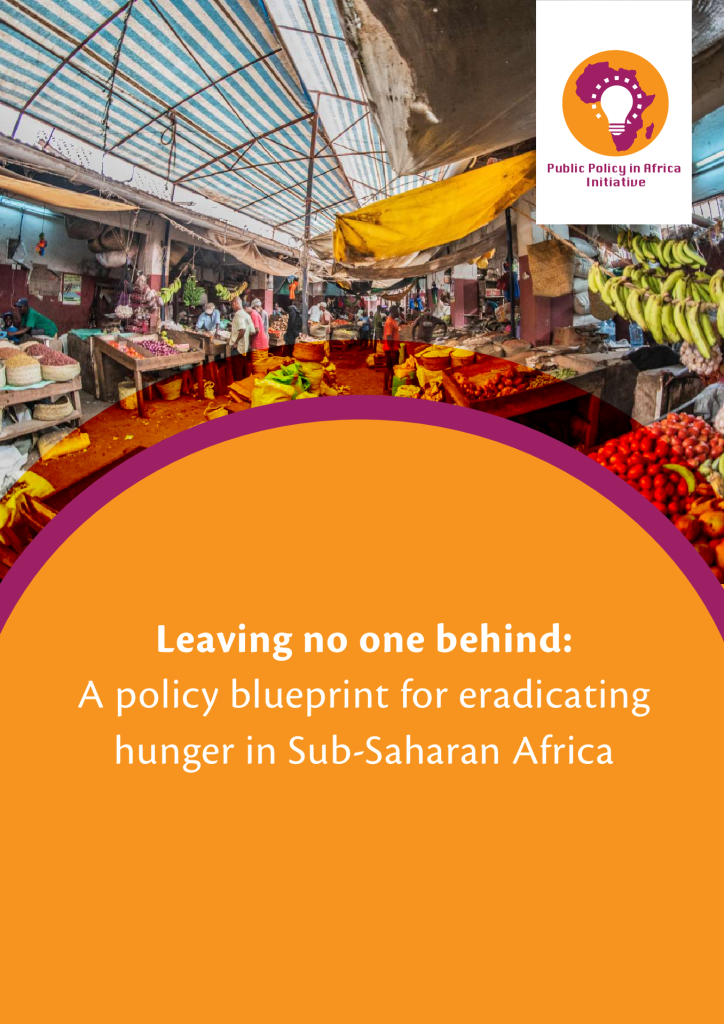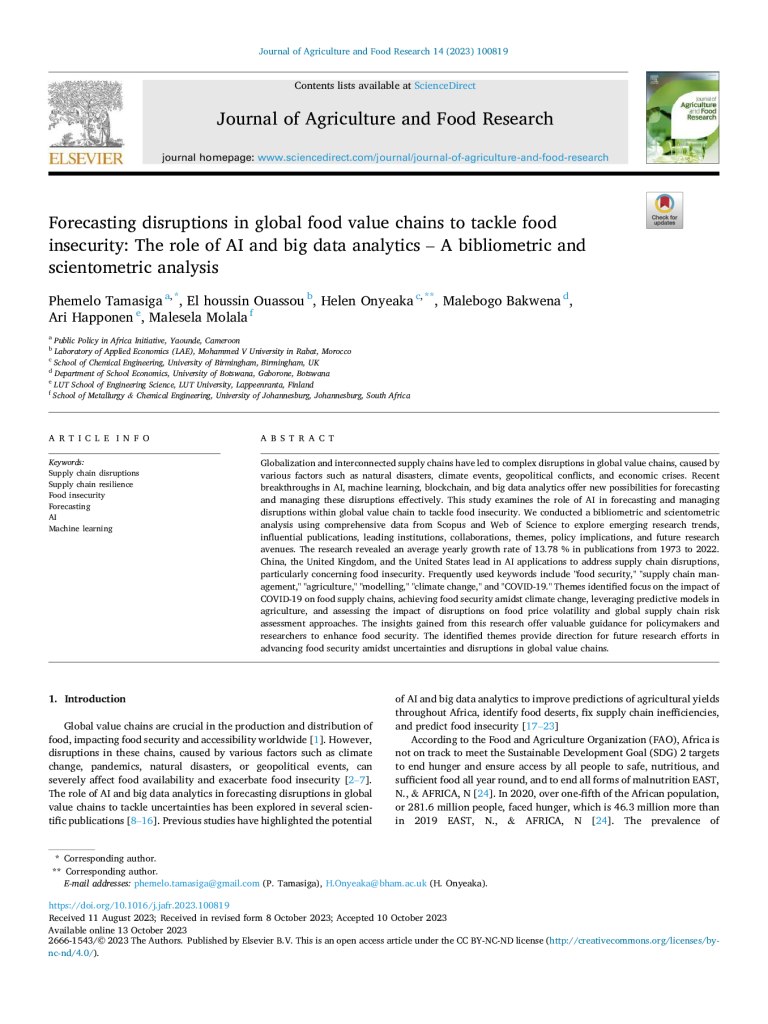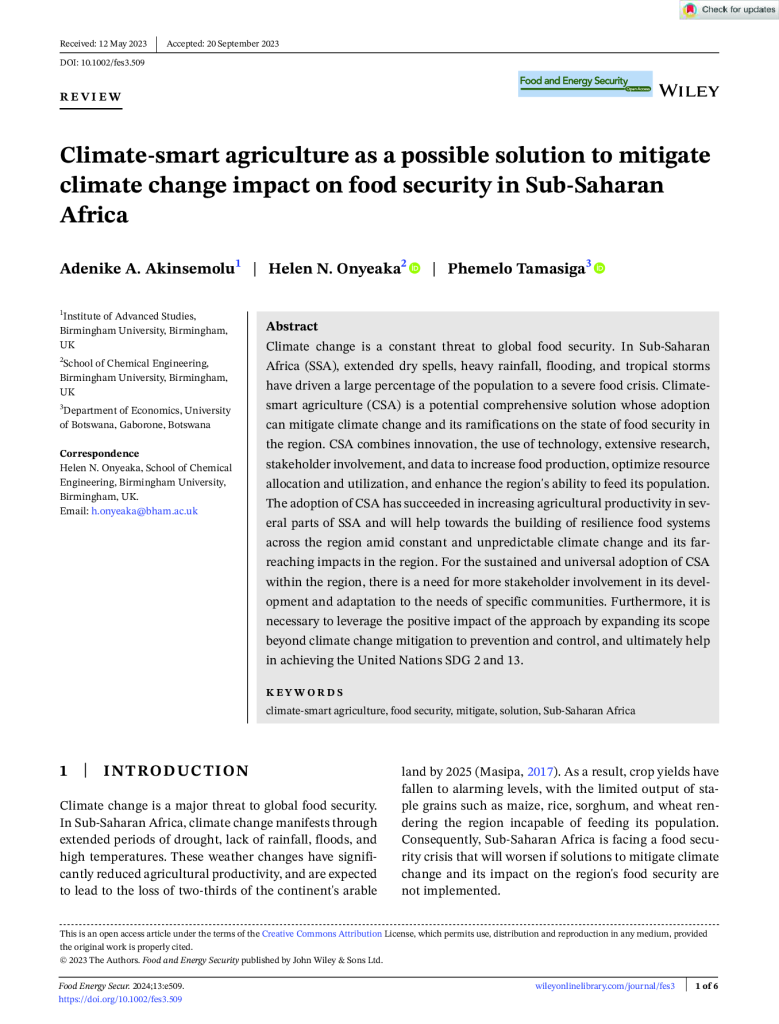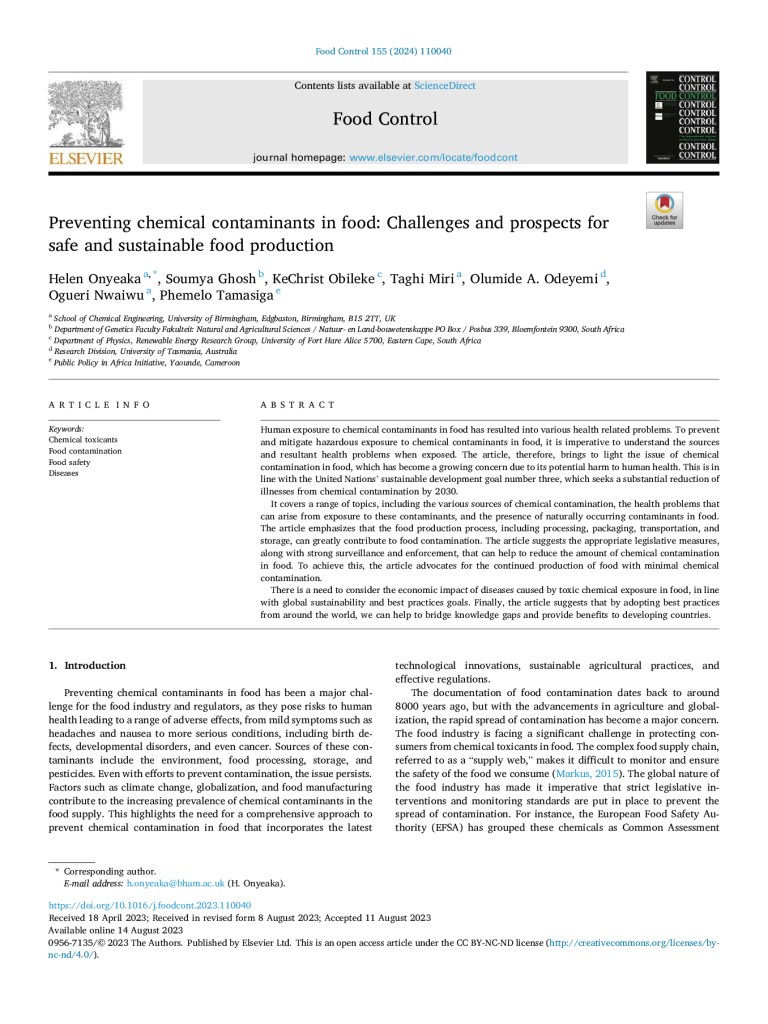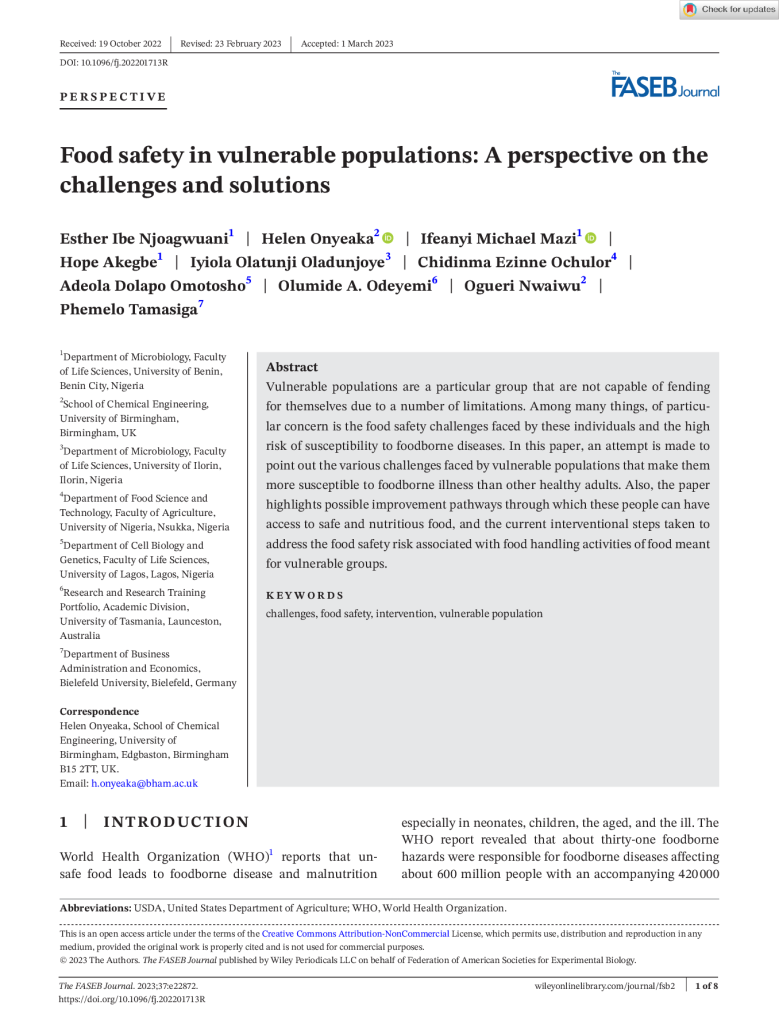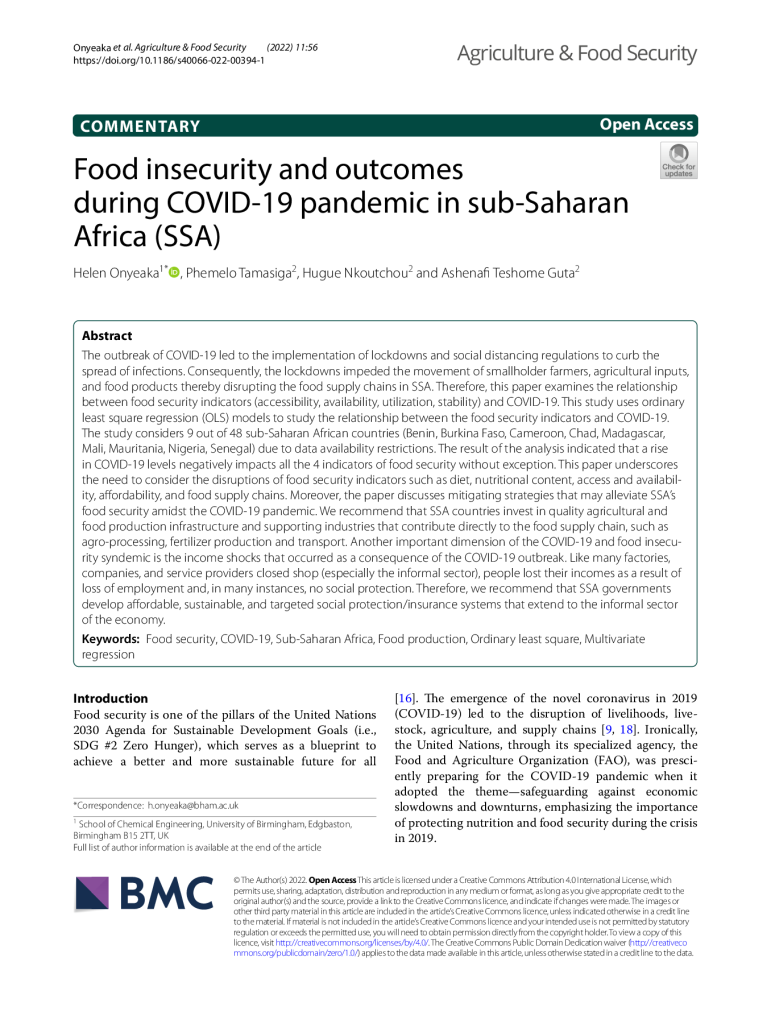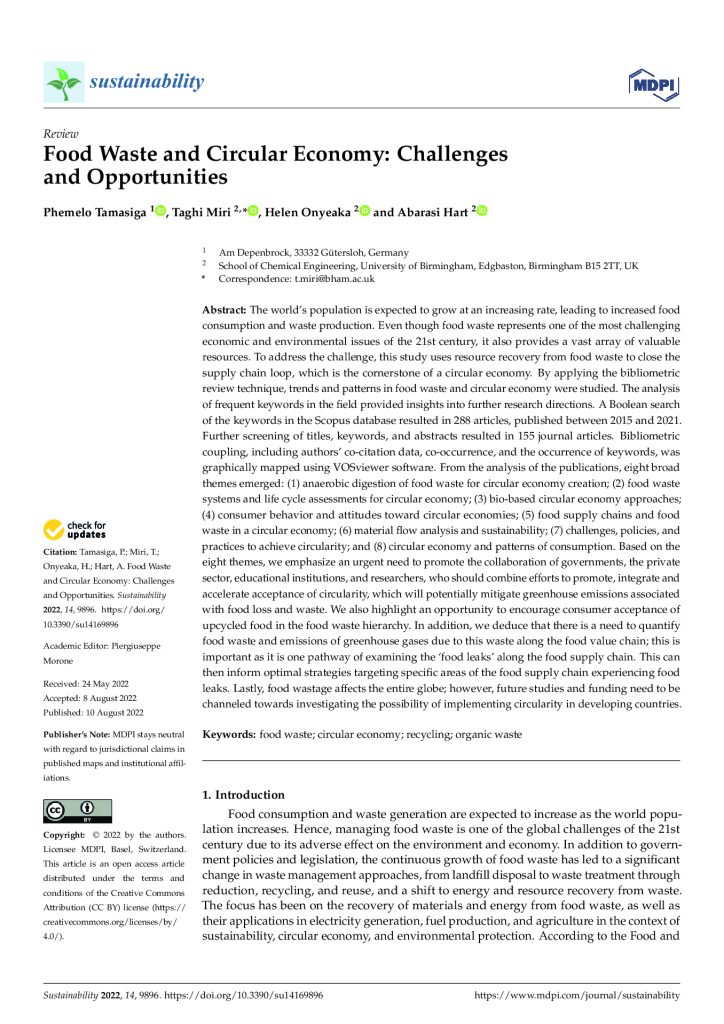Agricultural Import Bans in Botswana: Evaluating Macroeconomic Trade-offs and SACU Revenue Implications Amid Criticism of ‘Bad Economics’
This policy brief analyzes Botswana’s horticultural import ban (2022–2025), aimed at boosting local agriculture and reducing import dependency. While benefiting farmers, the ban has raised food prices, fueled inflation, and disrupted SACU trade dynamics. Recommendations include investing in irrigation, adopting advanced agricultural technologies, building resilient market linkages, and revisiting trade policies to balance protectionism with regional commitments. These measures are vital for ensuring long-term agricultural success, fiscal stability, and economic diversification.
